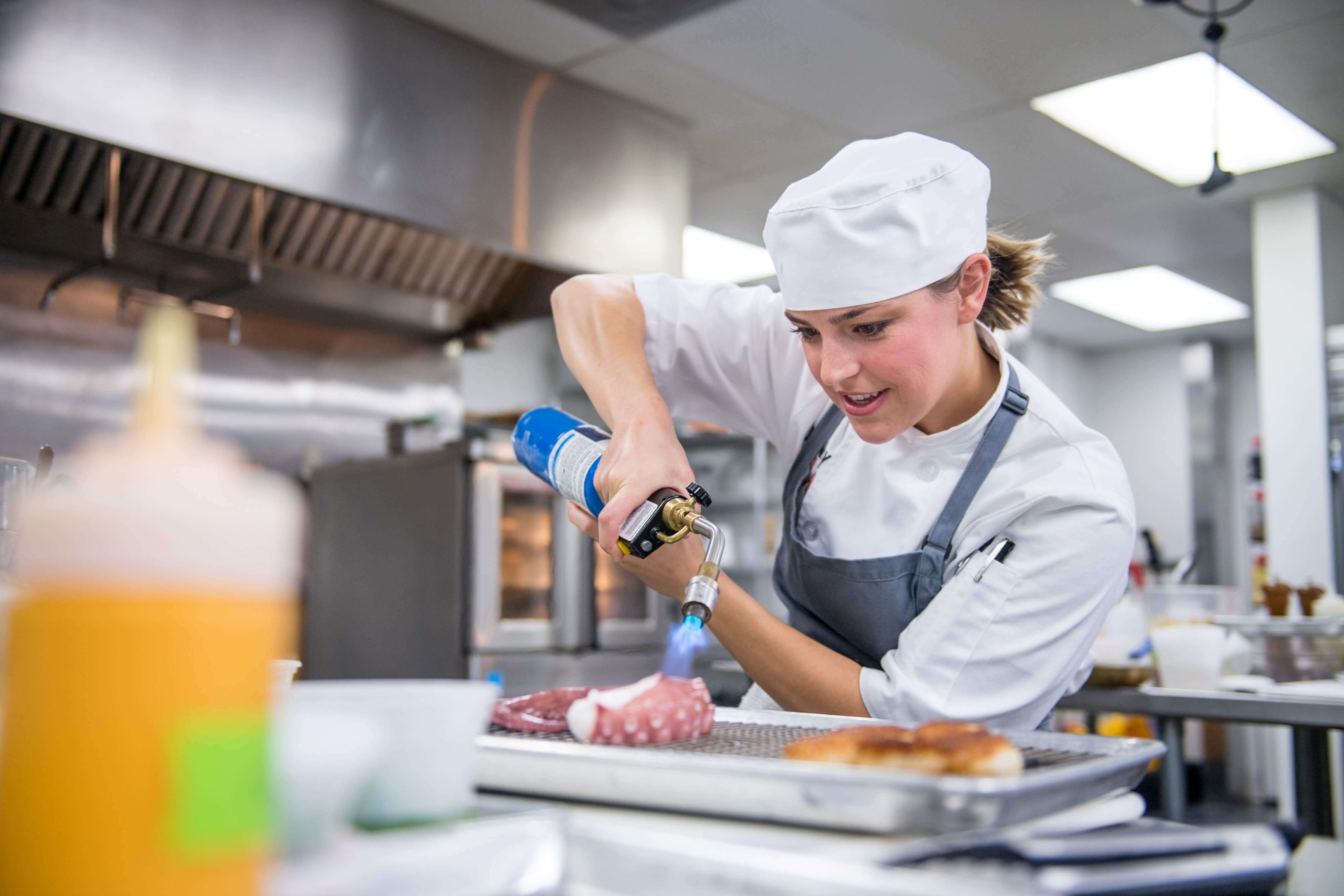For many, the love of cooking starts as a personal passion, stirring a desire to transform this fervor into a culinary career. At the heart of this transformation lies the educational groundwork provided by culinary schools, where cooking moves beyond mere practice to become an art and a profession. The benefits of pursuing a culinary education extend far beyond the recipes; they offer the tools, techniques, and networks required to ascend in the food industry. Keep reading to explore how culinary school can serve as the perfect launchpad for those aspiring to a professional gastronomic journey.
Network Building and Exposure: The Untold Perks of Culinary Schools
One of the less immediately apparent advantages of attending a New York culinary school or any reputable culinary institution is the opportunity to build a network within the culinary world. Connections formed with instructors, visiting chefs, and fellow students can offer a significant advantage when seeking employment or advice. These relationships often become a supportive framework throughout a chef’s career.
Furthermore, culinary schools regularly host events that attract industry professionals, providing students with the chance to showcase their skills and make lasting impressions. Internships integrated into the curriculum also place students in professional kitchens, expanding their network and improving their employment prospects post-graduation.
The exposure a student receives while attending a culinary school is invaluable. Exposure also instills confidence in students as they learn to perform under pressure and receive feedback from established culinary figures.
Transitioning from Home Cook to Culinary Expert: The Role of Accredited Programs
As the culinary industry grows increasingly competitive, the importance of a formal education from an accredited program cannot be overstated. For home cooks with aspirations of working in professional settings, a diploma or degree acts as a crucial transition tool. It certifies their commitment and conveys a level of professionalism that can advance their career trajectory.
Accredited programs are held to high industry standards, ensuring a quality of education that can significantly impact a student’s expertise. The credibility associated with a recognized culinary degree also gives its holders an edge when interacting with potential employers. This industry accreditation opens up pathways for careers on a global stage, where culinary credentials are universally respected and sought after.
Exploring the Career Opportunities Unlocked by Culinary Education
The path to becoming a culinary professional is diverse, and a structured education opens doors to numerous career options. Culinary school graduates are not confined to traditional restaurant roles; they can venture into food styling, nutrition, food writing, or become personal chefs for discerning clients. Executive positions within kitchens also become attainable through formal training. Aspiring chefs can transition from line cooks to sous chefs and eventually head chefs with the proper credentials and experience. A culinary diploma serves as a strong testament to one’s dedication and expertise, often considered a prerequisite for top-tier kitchen leadership roles.
Additionally, those with an entrepreneurial spirit find that culinary education provides the comprehensive knowledge necessary to start their businesses. From developing a concept for a restaurant to managing the daily operations, a culinary diploma ensures that graduates have an understanding of both the culinary and the business aspects of the industry.
Understanding the Art and Science of Cooking: A Deep Dive into Culinary Theory
Culinary schools offer a scholarly approach to cooking that marries the creative aspects of the craft with its scientific foundations. Such an education delves into the chemistry of food, exploring why certain ingredients interact in particular ways and how that knowledge can be used to create innovative dishes. This theoretical understanding augments a chef’s ability to innovate in the kitchen.
Nutritional science is also a crucial part of the curriculum, as today’s consumers are increasingly health-conscious. Understanding the nutritional content of foods and how to prepare balanced meals is essential. Such knowledge is critical not only in restaurant settings but also when working in food policy, dietetics, or as a personal chef catering to clients with specific dietary needs.
Professional programs also tend to incorporate aspects of research and development, encouraging students to contribute to the future of food. Whether through sustainable cooking practices or the exploration of new culinary technologies, students are empowered to think critically and pave the way for innovation within the industry.
The pursuit of a culinary education from a reputable institute furnishes passionate cooks with the tools necessary to elevate their craft to professional heights. From the enrichment of skill sets and expansion of career opportunities to the understanding of culinary theory and networking, the multidimensional experience of attending culinary school is transformational. For those yearning to carve out a niche in the world of food, the advantages of such an education are not just beneficial but essential.


